Search
Search Results
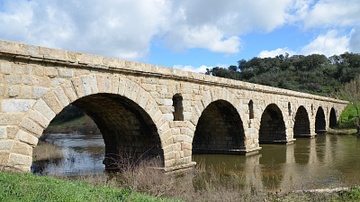
Image
Roman Bridge, Ponte da Vila Formosa
The Roman bridge Ponte da Vila Formosa, dating from the late 1st century / early 2nd century CE, is one of the best preserved bridges throughout the Iberian Peninsula. It is located on the way which connected Olisipo (Lisbon, Portugal) to...

Image
Wall Painting of a Swan in the House of Fortune, Carthago Nova
Roman fresco depicting a swan in the tablinum of the House of Fortune in Carthago Nova (modern-day Cartagena), a city on the southern Iberian Peninsula, Spain. The house dates to the late 1st century BCE and was occupied until the late 2nd...
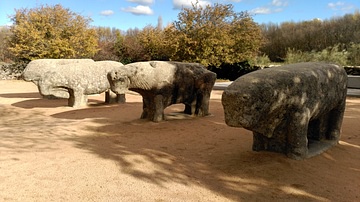
Image
The Bulls of Guisando
The bulls of Guisando are four zoomorphic sculptures carved in stone and located in the Ávila region (Spain). These bulls were carved by the Vetonians, one of the Celtic peoples who lived on the Iberian Peninsula before the Roman conquest...
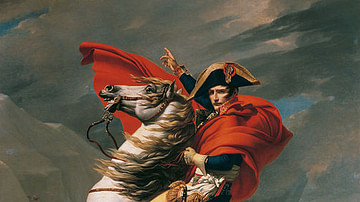
Collection
17 Campaigns & Battles of Napoleon
Napoleon Bonaparte (1769-1821), Emperor of the French, was one of the most successful military commanders of the modern era. From relatively humble beginnings, he rose to prominence during the tumultuous wars of the French Revolution, ultimately...
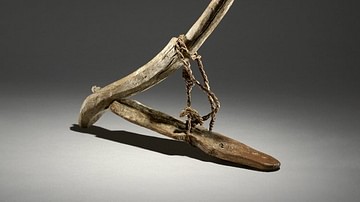
Article
Origins of World Agriculture
Agriculture arose independently at several locations across the world, beginning about 12,000 years ago. The first crops and livestock were domesticated in six rather diffuse areas including the Near East, China, Southeast Asia, and Africa...
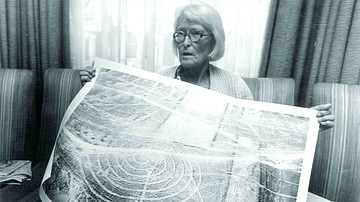
Article
The Nazca Lines: A Life's Work
The World Heritage-listed Nazca lines are a well-known part of the ancient heritage of Peru. One woman spent over 50 years studying and protecting them. Ana Maria Cogorno Mendoza shares the story of Dr Maria Reiche. The lines and geoglyphs...
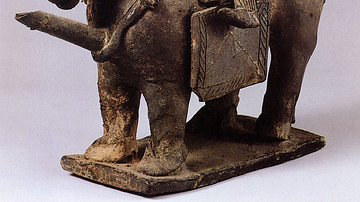
Article
The Horse-rider Theory in Ancient Japan
The 'horse-rider theory' is a controversial proposal that Japan was conquered around the 4th or 5th century CE by a culture from northern Asia to whom the horse was especially important. Although archaeological evidence and genetics point...
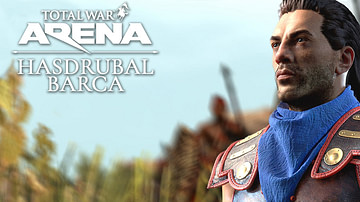
Definition
Hasdrubal Barca
Hasdrubal Barca (c. 244-207 BCE) was the younger brother of the Carthaginian general Hannibal (247-183 BCE) and commanded the forces of Carthage against Rome in Spain during the Second Punic War (218-202 BCE). They were both, along with another...

Article
Battle of Bunker Hill
The Battle of Bunker Hill (17 June 1775) was a major engagement in the initial phase of the American Revolutionary War (1775-1783), fought primarily on Breed's Hill in Charlestown, Massachusetts. The colonial troops successfully defended...

Article
Ancient Korean & Japanese Relations
Ancient East Asia was dominated by the three states known today as China, Japan, and Korea. These kingdoms traded raw materials and high-quality manufactured goods, exchanged cultural ideas and practices, and fought each other in equal measure...